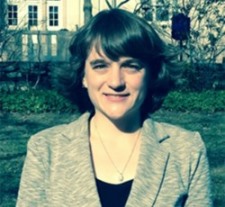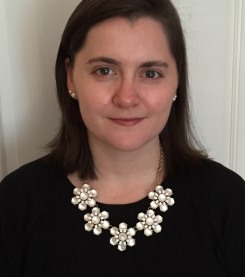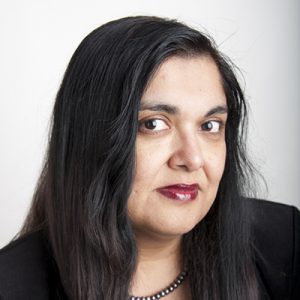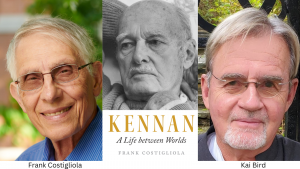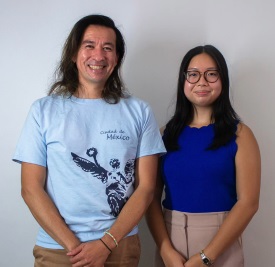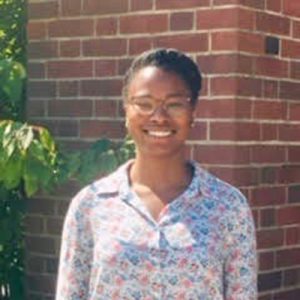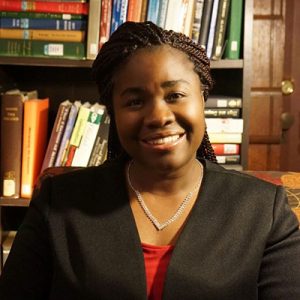Grace Easterly has been selected as a 2024-2025 fellow at the Cold War Archives Research Institute.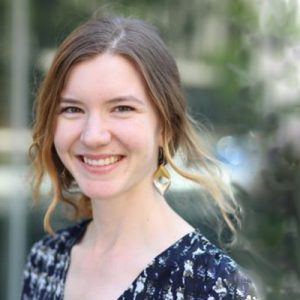
The Cold War Archives Research Institute at the Wilson Center has two objectives: “to stimulate original scholarship on the interplay between soft and hard power in the cold and hot wars between 1945 and 1991; and to demonstrate the power of cooperative scholarship through innovative archival practices”. This highly competitive fellowship seeks to train graduate level students in archival research methodologies, and hone the CWAR fellows “critical research skills in historical and archival methodologies, further their own research agendas in Cold War history, improve their communication and presentation skills, and develop a network of supportive professional contacts”.
Congratulations to Grace Easterly on this impressive achievement!
